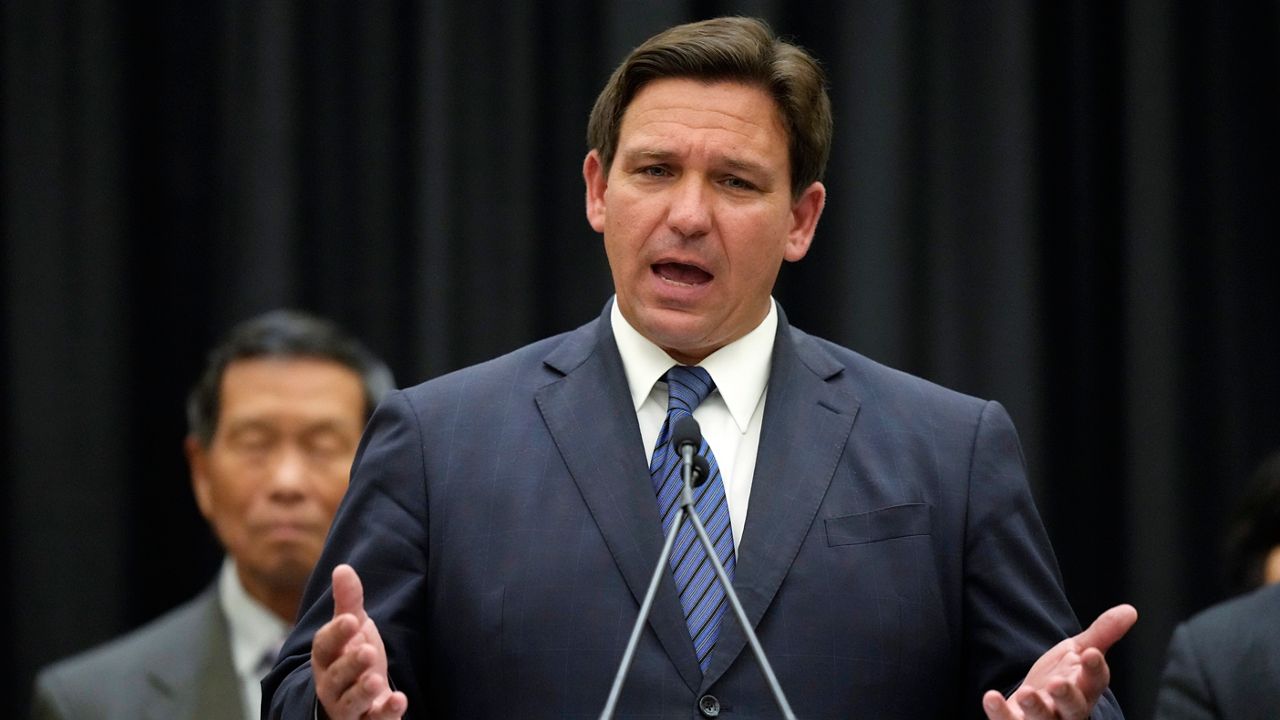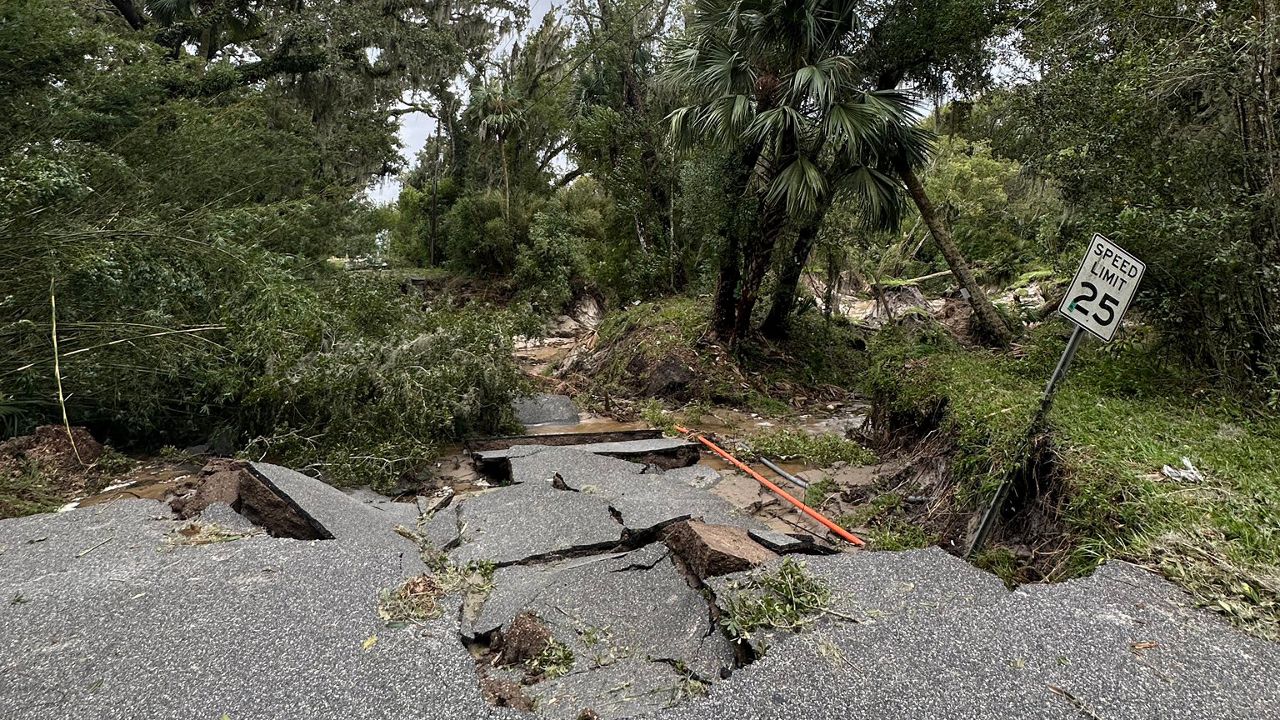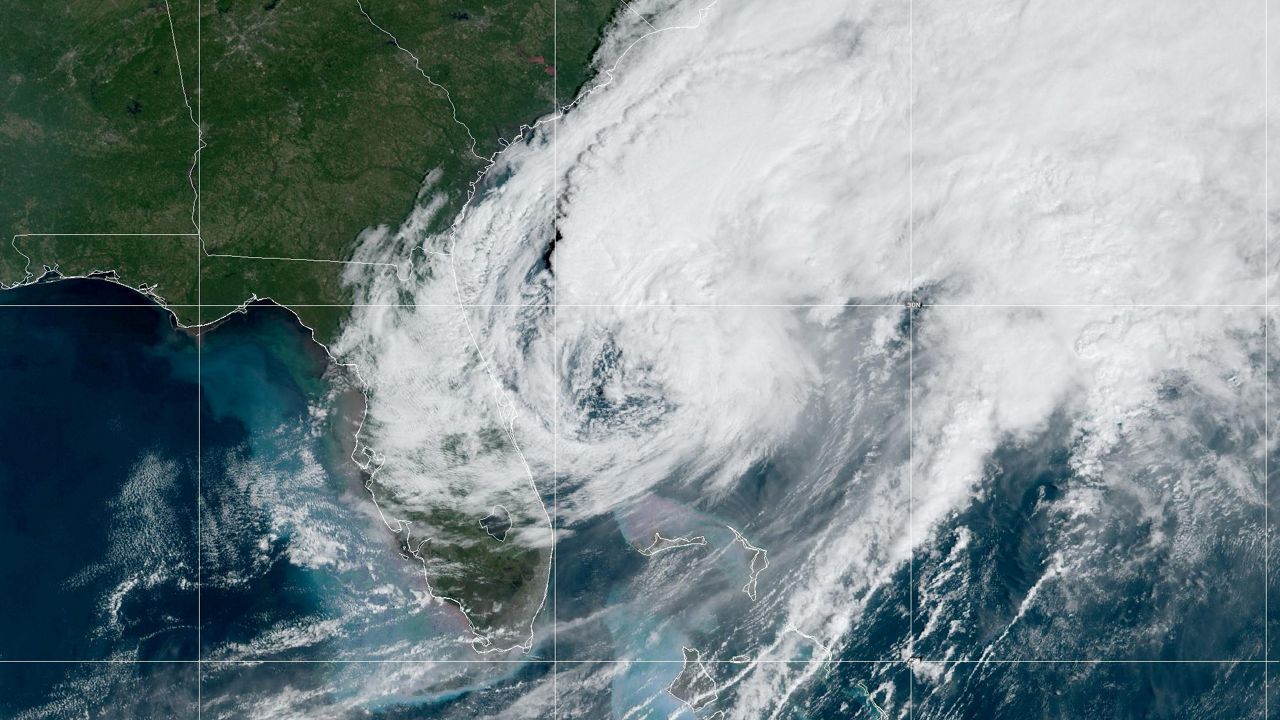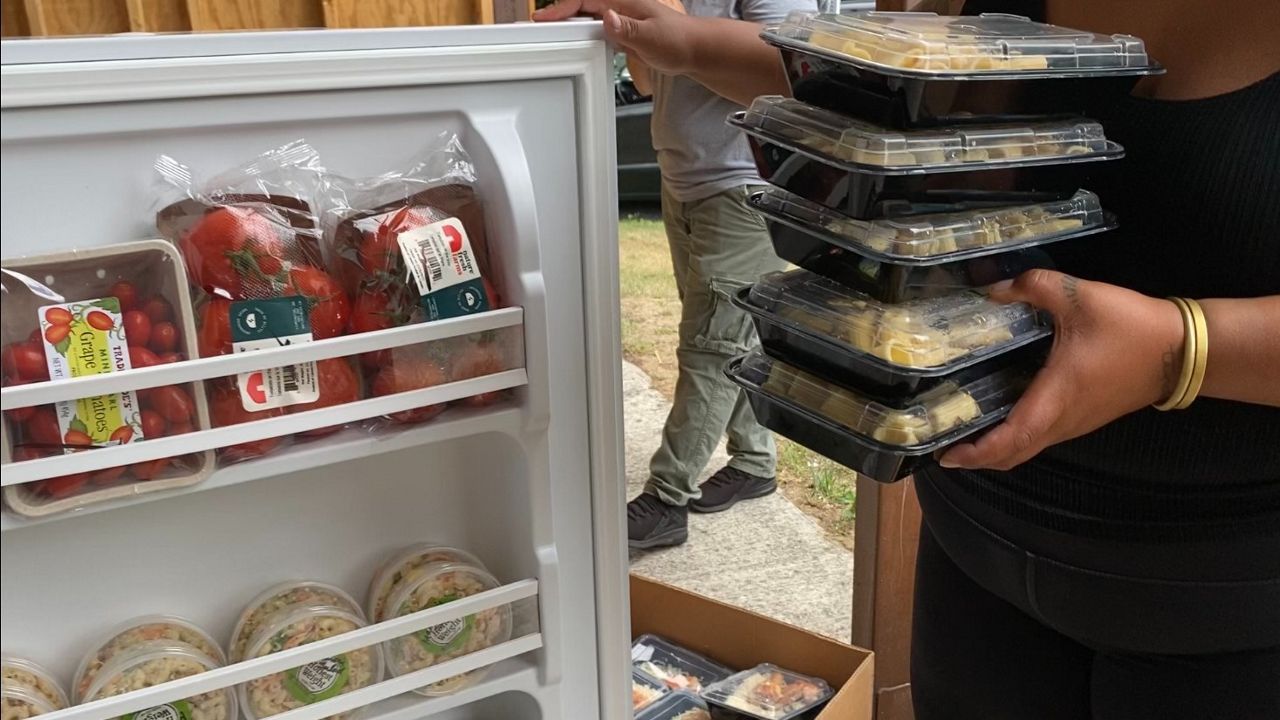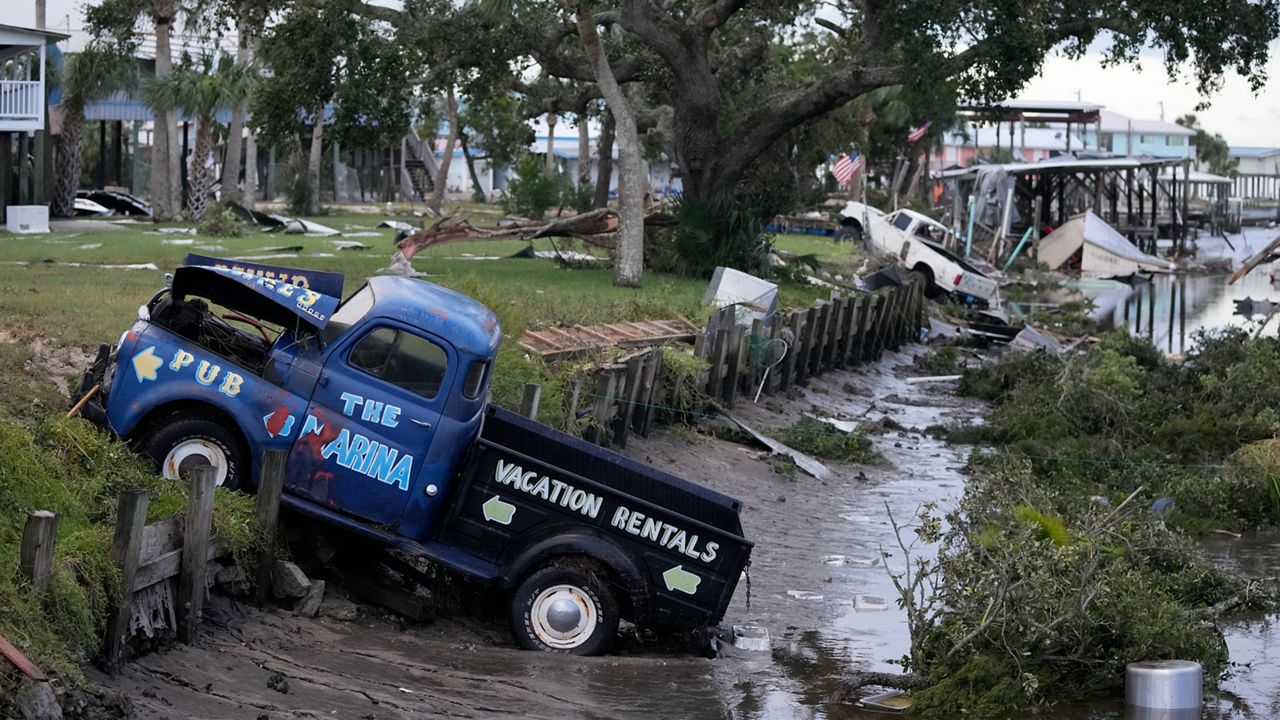TALLAHASSEE, Fla. — Gov. Ron DeSantis has declared a state of emergency statewide as the potential impacts of Tropical Storm Ian continue to develop for the coming week.
“This storm has the potential to strengthen into a major hurricane and we encourage all Floridians to make their preparations," DeSantis said in a press release. "We are coordinating with all state and local government partners to track potential impacts of this storm.”
President Joe Biden also declared an emergency for the state, authorizing the Department of Homeland Security and the Federal Emergency Management Agency, or FEMA, to coordinate disaster relief efforts and provide assistance to protect lives and property. The president postponed a scheduled Sept. 27 trip to Florida due to the storm.
The storm formed in the Caribbean early Friday morning, and experts expect it to develop into a tropical storm sometime Friday night. The original emergency declaration was for 24 counties. Saturday, it was expanded statewide.
The National Hurricane Center expects the hurricane to rapidly intensify, possibly reaching major hurricane status by next Wednesday as it nears Florida.
DeSantis urged Floridians to prepare for the storm by readying family emergency supply kits, and making sure to stock up on food, water and medicine.
The severity and track of Tropical Storm Ian, formally known as Tropical Depression 9, will continue to evolve. Because of this and the potential for dangerous storm surge, heavy rainfall, strong winds, flash flooding, and the potential for isolated tornadic activity, DeSantis issued the State of Emergency.
Following DeSantis' emergency declaration, Florida Attorney General Ashley Moody urged Floridians to be on the lookout for illegal price gouging ahead of the storm.
During a storm-related declared state of emergency, state law prohibits excessive increases in the price of essential commodities, such as food, water, hotel rooms, ice, gasoline, lumber, equipment and storm-related services needed as a direct result of the event, Moody said in a release.
“Floridians should prepare now with Tropical Depression Nine moving closer to our state," she said. "If anyone suspects price gouging, report it to my office by calling 1 (866) 9NO-SCAM, filing online at MyFloridaLegal.com or using our free No Scam reporting app.”
Violators of the price gouging statute are subject to civil penalties of $1,000 per violation and up to a total of $25,000 for multiple violations committed in a single 24-hour period. In addition to the civil penalties for price gouging, state law criminalizes the sale of goods and services to the public without possession of a business tax receipt.
Moody urged anyone who sees alleged price gouging activities to document the situation as thoroughly as possible before reporting it.




